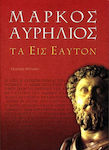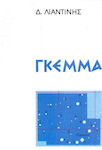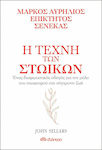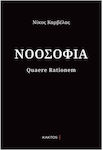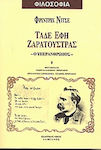Skroutz Buyers Protection
Τι είναι η υποκειμενικότητα;Code: 7010958
- Author: Jean - Paul Sartre
- Publisher: Plethron
- Μορφή: Soft Cover
- Έτος έκδοσης: 2014
- Αριθμός σελίδων: 168
- Κωδικός ISBN-13: 9789603482598
- Διαστάσεις: 21×14
Jean - Paul Sartre
Similar products
All shops
Prices are calculated for:Luxembourg, Other Payment Options
- 11,10 €
- 11,25 €
- 11,25 €
- 10,50 €
Description
[In this lecture, at the Gramsci Institute in Italy] Sartre shows the continuity between Being and Nothingness and Critique, as well as the evolutionary affinities of the second work, illuminating, at the same time, in an interesting way his approach to subjectivity and emphasizing the non-subjectivist (non-idealist) character of his thinking. In addition, the discussion [that follows] contains significant interventions by notable Italian intellectuals, such as Enzo Paci, Cesare Luporini, Galvano Della Volpe, and Lucio Colletti, who offer us a stimulating idea of their orientations and deviations. As expected, the discussion often returns to the classical themes of the history of Marxist conflicts: especially in the distinction between historical materialism and dialectical materialism (in other words, between a Kantian or Vichian position, which seeks the open possibilities offered to human knowledge, and a materialistic philosophy that claims the recognition of a dialectic in nature). Sartre will appear restrained and dialectical at the same time regarding the issue, which is often considered the apple of discord between Western (or non-communist) Marxism and the more "orthodox" Marxism. He may admit that some laws of nature may be dialectical, but he refuses to argue in favor of a unique dialectic of Nature; and he asks, very politely, if from a tactical point of view, the strongly disputed term "reflection" (Wiederspiegelung, or "theory of knowledge as reflection") should not be replaced with a less disputed term, such as "correspondence".
Specifications
- Format
- Soft Cover
- Number of Pages
- 168
- Publication Date
- 2014
- Dimensions
- 21x14 cm
Important information
Specifications are collected from official manufacturer websites. Please verify the specifications before proceeding with your final purchase. If you notice any problem you can report it here.










































